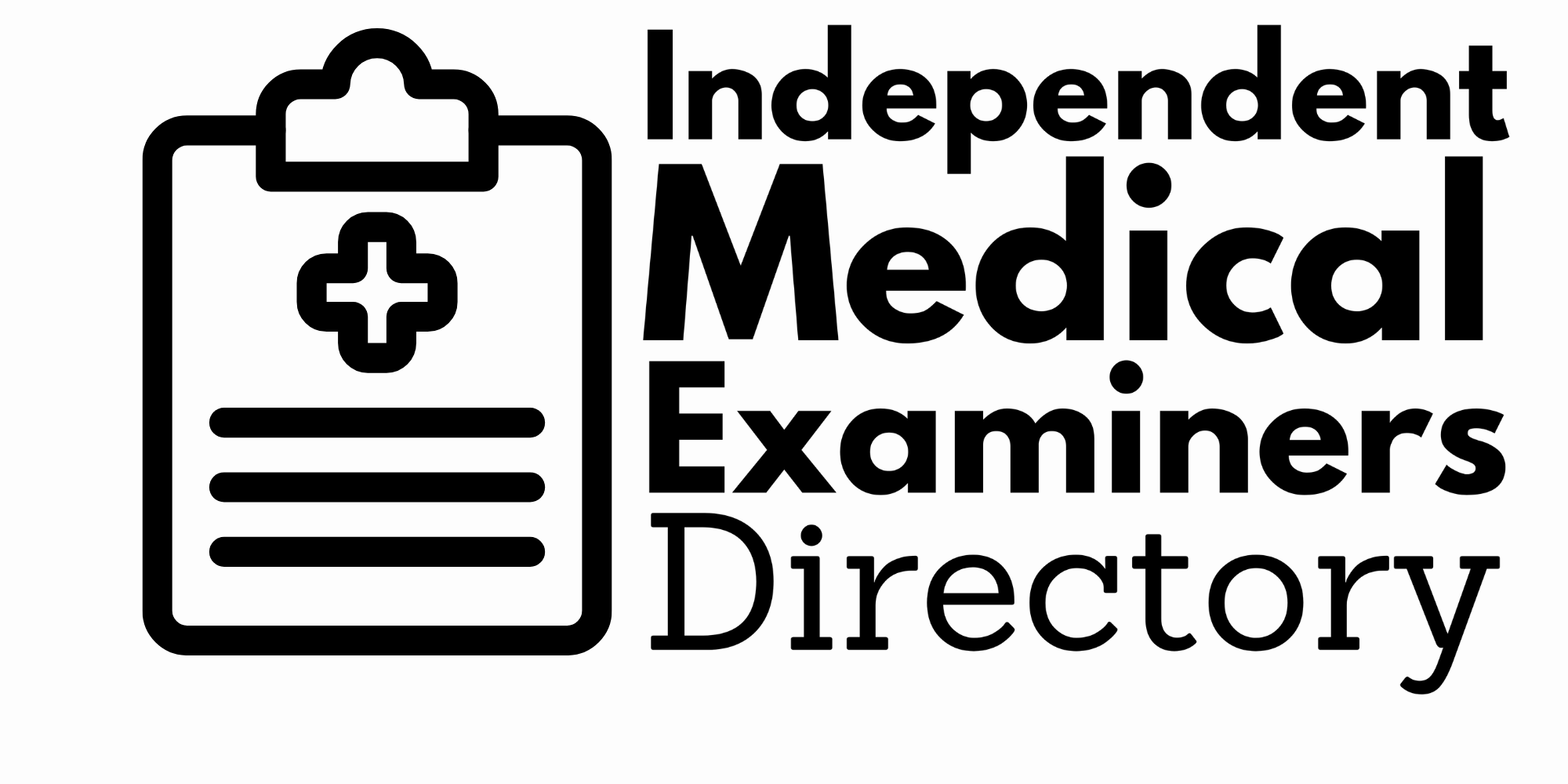A deposition isn’t just another meeting—it’s sworn testimony that can shape the outcome of a case long before trial. For medical expert witnesses, preparation is as much about mindset as it is about mastery of the facts.
Know the Purpose
A deposition lets opposing counsel:
Discover what you will say at trial.
Test your knowledge and methodology.
Probe for weaknesses or inconsistencies.
Lock in your statements for later use.
Your job is to answer truthfully, clearly, and within the scope of your expertise.
Master the Case File
Before you sit down:
Review all records you relied on, plus any you received later.
Re‑read your report and make sure you can explain every sentence.
Refresh yourself on key timelines, lab values, and imaging findings.
Check your literature citations and bring copies if allowed.
Be ready to explain why each fact matters to your opinion.
Understand Your Methodology
Be prepared to walk through:
The question you were asked to answer.
The materials you reviewed.
The standards or guidelines you applied.
How you considered and ruled out alternatives.
The reasoning that led to your conclusion.
If you can’t clearly outline your method, your credibility takes a hit.
Communication Tactics
Pause before answering – gives you time to think and counsel time to object.
Answer only the question asked – don’t volunteer extra information.
Use plain language – avoid jargon unless you immediately explain it.
Stay calm under pressure – irritation helps the other side, not you.
Admit when you don’t know – speculation can damage your case.
Handling Exhibits
If shown a document:
Read it carefully before answering.
Confirm whether it’s something you’ve seen before.
Place it in context with the rest of the record.
Dealing With Traps
Opposing counsel may:
Ask compound questions – break them apart before answering.
Misstate your prior testimony – correct it politely.
Hypothesize impossible scenarios – clarify the assumptions.
Your defense attorney is there to object and protect the record, but you control your own clarity.
The Day Before
Get a good night’s sleep.
Review your report and key exhibits one last time.
Confirm logistics: time, location, attire, travel.
Bring only what you’re allowed to have; leave personal notes at home unless approved.
On the Day
Dress professionally but comfortably.
Listen closely to every question.
Keep your answers measured and confident.
Remember: everything is on the record.
Bottom line: Deposition prep is about more than memorizing facts—it’s about presenting yourself as a credible, composed, and clear expert. The better you prepare, the more effectively you can help the fact‑finder understand your opinion and why it matters.
